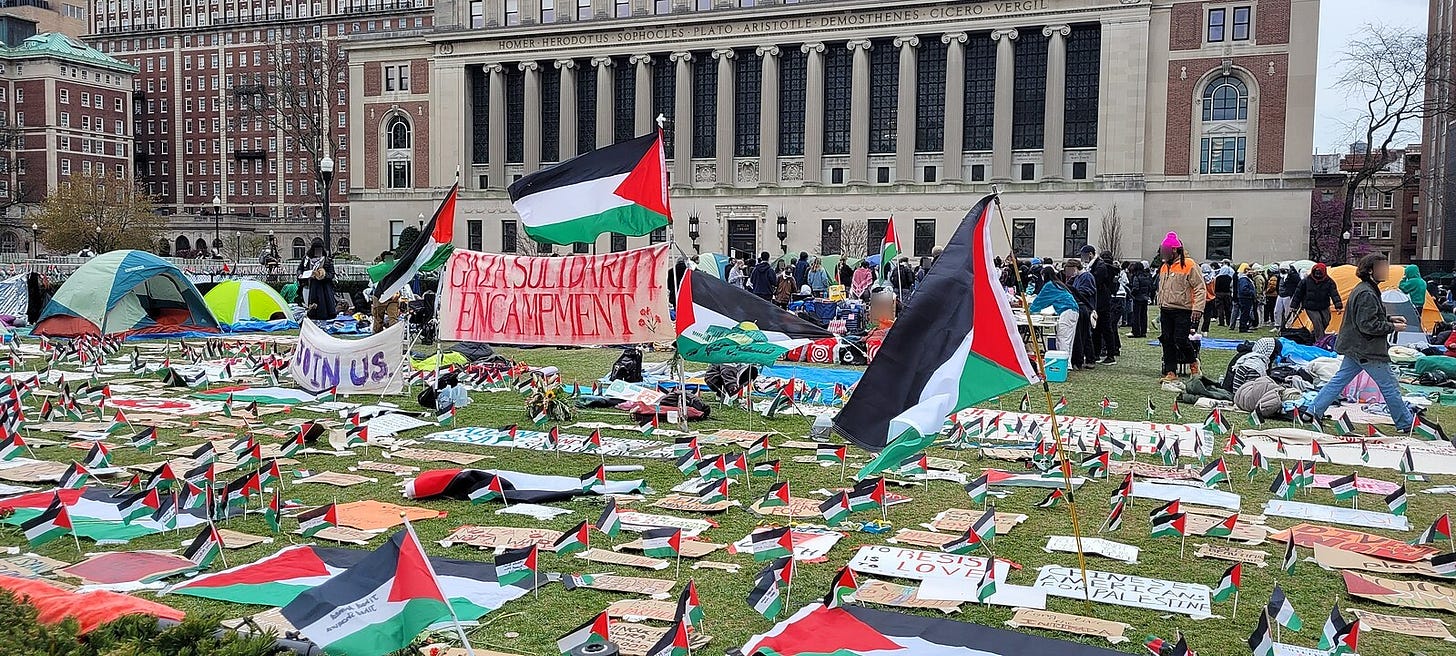The Trump regime has revoked more than 6,000 student visas since the start of the year, in what critics are calling one of the most sweeping crackdowns on academic freedom and political speech in recent US history. While officials insist the revocations are tied to legal violations and national security concerns, mounting evidence shows that hundreds of students have been targeted for their opposition to the atrocities in Palestine.
State Department officials confirmed that around 4,000 of the cancellations were linked to criminal charges like DUI or assault. But at least 200 to 300 were justified under the label of “support for terrorism”, a phrase that has been twisted to mean political speech sympathetic to Palestinians. Among the students affected are those who attended campus protests, published opinion pieces, or participated in peaceful organizing.
Civil rights groups and universities are mounting a legal challenge. The Stanford Daily, joined by several international students, has sued the administration for what it calls a campaign of “thoughtcrime” punishments. Evidence presented in federal court revealed that government officials relied on tips from groups like Canary Mission, long criticized for blacklisting pro-Palestinian activists.
The regime argues it is protecting national security. But to critics, the policy looks like a direct assault on political dissent. The US has long claimed to be a safe haven for free expression. Revoking visas for speech that challenges government policy exposes a different reality, one where freedom is conditional, and dissenters risk exile.
As the trials unfold, the message to international students is clear: support Palestine, and you may find your education, your home, and your future in America abruptly revoked.



